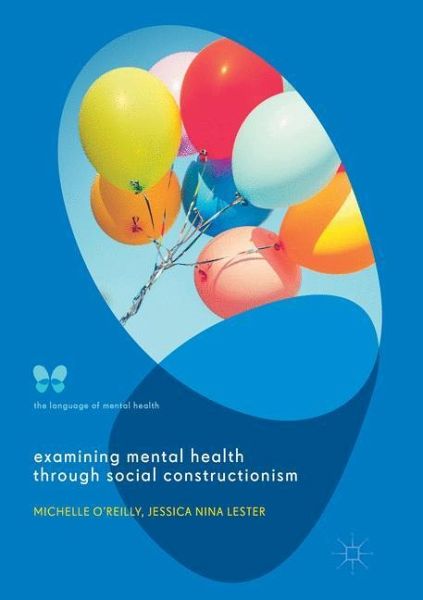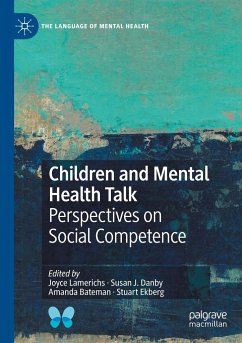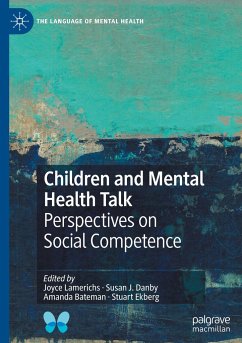
Examining Mental Health through Social Constructionism
The Language of Mental Health
Versandkostenfrei!
Versandfertig in 6-10 Tagen
91,99 €
inkl. MwSt.
Weitere Ausgaben:

PAYBACK Punkte
46 °P sammeln!
This book explores social constructionism and the language of mental distress. Mental health research has traditionally been dominated by genetic and biomedical explanations that provide only partial explanations. However, process research that utilises qualitative methods has grown in popularity. Situated within this new strand of research, the authors examine and critically assess some of the different contributions that social constructionism has made to the study of mental distress and to how those diagnosed are conceptualized and labeled. This will be an invaluable introduction and source...
This book explores social constructionism and the language of mental distress. Mental health research has traditionally been dominated by genetic and biomedical explanations that provide only partial explanations. However, process research that utilises qualitative methods has grown in popularity. Situated within this new strand of research, the authors examine and critically assess some of the different contributions that social constructionism has made to the study of mental distress and to how those diagnosed are conceptualized and labeled. This will be an invaluable introduction and source of practical strategies for academics, researchers and students as well as clinical practitioners, mental health professionals, and others working with mental health such as educationalists and social workers.












